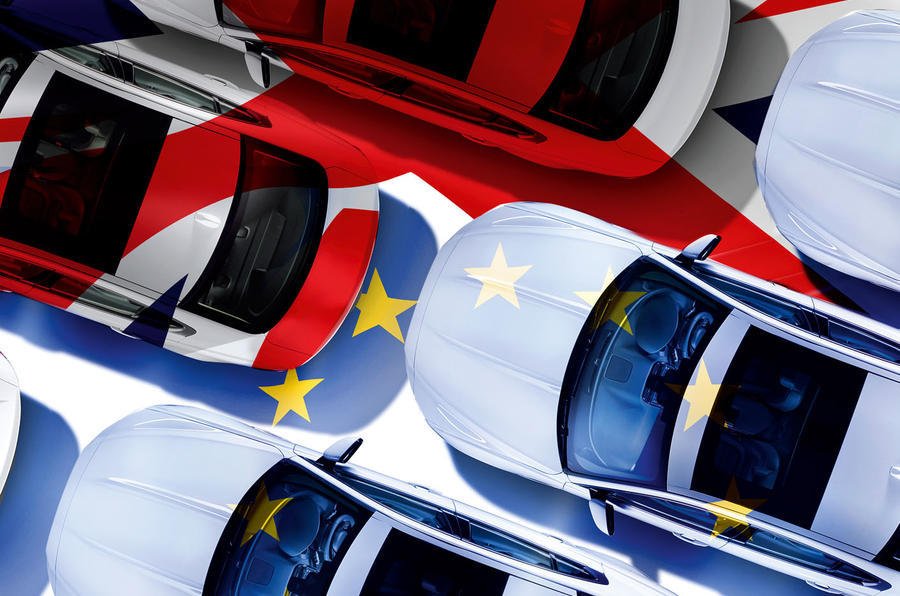Inside the industry: How long will Brexit blight the car world?

No matter which side of the divide you stand on, there can be few doubts that the Brexit vote – from 52:48 decision to today – has been a blight on the health of the UK automotive industry, subsequent currency swings robbing many operators of profits and buyers of lower-cost car deals, as well as hitting consumer confidence.
It has also coincided with a collapse in investment in UK automotive, although Brexit is just one of many pressures at play. The Society of Motor Manufacturers and Traders, which exists to promote the interests of the industry but can be relied on to tread a numerically factual path, estimates that an average of £4 billion a year was being invested in the sector from 2012 to 2015, but only £1.1bn from 2016 to 2019.
The announcement of the closure of Honda's Swindon plant and a U-turn by Nissan on investment in Sunderland also stand out as further lows – albeit with both firms doing all they could to avoid the B-word. However, common sense surely suggests that car makers looking to make long-term investments will prefer to do so in countries that guarantee stability and certainty.
Then there are the costs of planning for regulatory changes from 1 January, the crucial details of which are still to be ironed out. To date, the bill stands at more than £500m, the SMMT says.
Nor is there positive news on the horizon. The frustrating reality for much of the industry is that even the best possible deal will only replicate what it had within the EU, albeit with hoped-for wiggle room to strike its own deals in future, while the worst-case no-deal scenario throws up the likelihood of two-way tariffs and red tape. The SMMT estimates no deal would cost the industry about £90bn through to 2025.
Why, then, do some still talk up the industry's post-Brexit prospects?
Typically, they divide two ways. There are free marketeers, who argue that working to the UK's own agenda will be to its benefit in the long term, as its relative prosperity will mean that other nations will want to work with it to be able to sell their good and services in, as well as export ours out.
Then there are those who hope for biases to play out in the UK industry's favour following the break. This is particularly true for firms developing early-stage R&D projects, which currently struggle to get adequate funding from the UK government as EU rules preclude such favouritism.
The question is when – or if – the costs of leaving will ever be recouped, the scale of that challenge unknown until negotiations are concluded. Even then, the waters may prove to be too muddied for anyone to ever know the answer.
Nouvelles connexes


